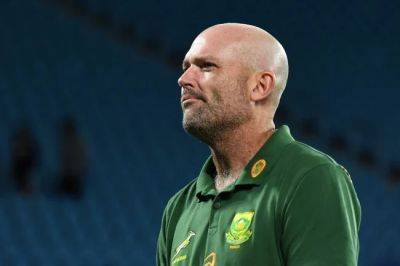A Canadian soccer star and his underground origins as a b-boy named Timex in the Toronto subway
One level below the bus bay at Kennedy Station in Toronto's eastern borough of Scarborough, and a level above the subway platform, is a concourse that connects all the pedestrian entrances.
The eastern terminus of Line 2 on Toronto's subway network (TTC) is virtually identical to when it opened in 1980. The same dull yellow tile walls and brown brick floors remain the backdrop for people traveling through this transit hub.
In the years before the proliferation of online communication and cell phones, it was a gathering place for area youths, so much so that by 1998, the TTC mandated orchestral music be played over the public-address intercom in order to keep kids moving, instead of loitering.
Several breaking crews, Bag of Trix, Paranormal and SuperNaturalz, may have been a big part of the impetus for this since-removed measure. However, they weren't loitering, not by a long shot.
They were breaking, an energetic and gymnastic-like dance form which could be the breakout event at next summer's Paris Olympics. Its debut at the Games brings mainstream validation, but it has always been taken seriously.
Dwayne De Rosario knows that inherently. Though the son of Scarborough is renowned for soccer, where he blossomed into MLS stardom under the mononym DeRo, his origin story includes the persona of Timex, a b-boy (break boy) training to enter the cypher (breaking circle).
"I gravitated to the whole art," says De Rosario, 44. "No one wanted to be commercial, we all embraced everything underground. The freedom to express ourselves, it was through breaking, we were rebels but it made us feel important."
Widely cited as originating on the streets of New York City in the 1970s, this infectious Black and Latino youth-driven dance








